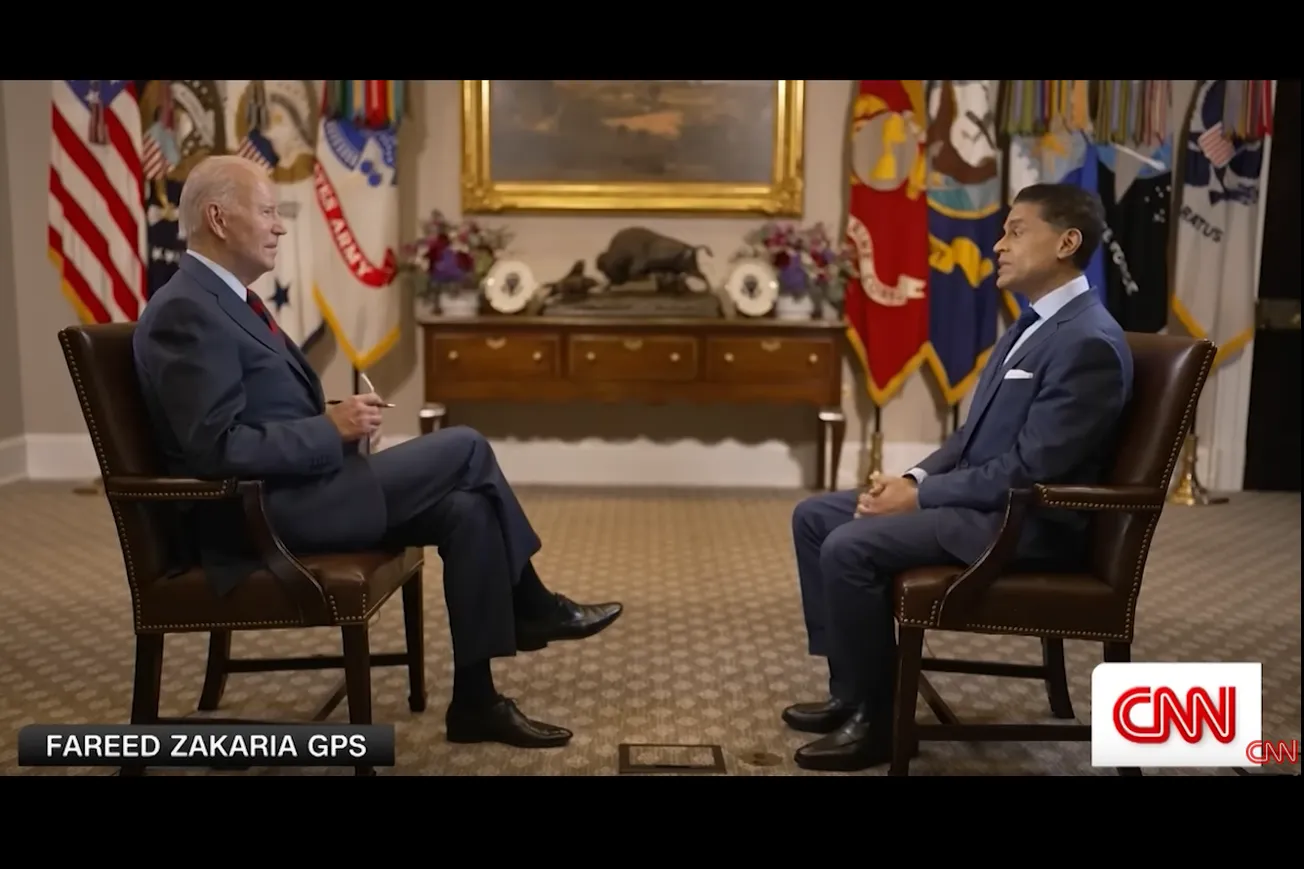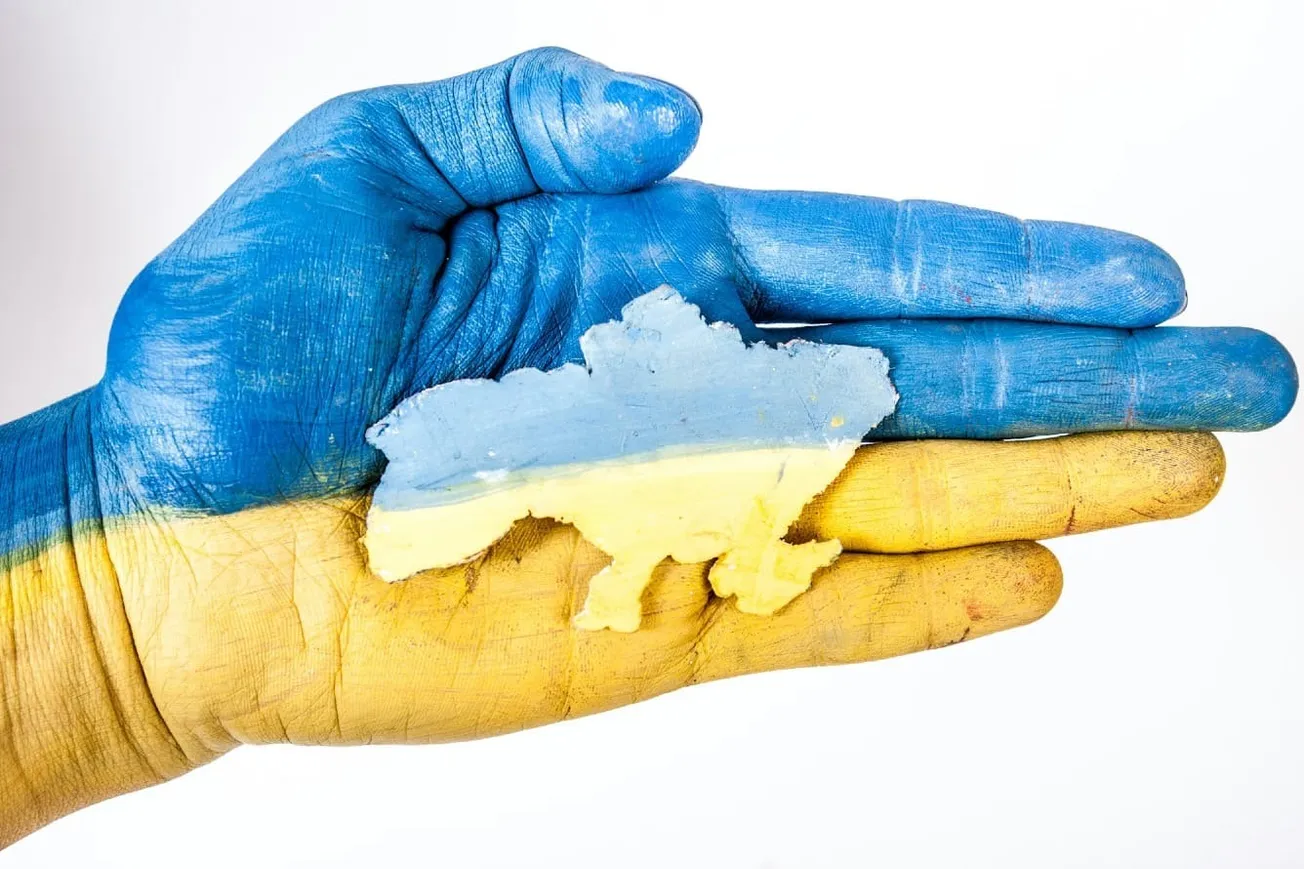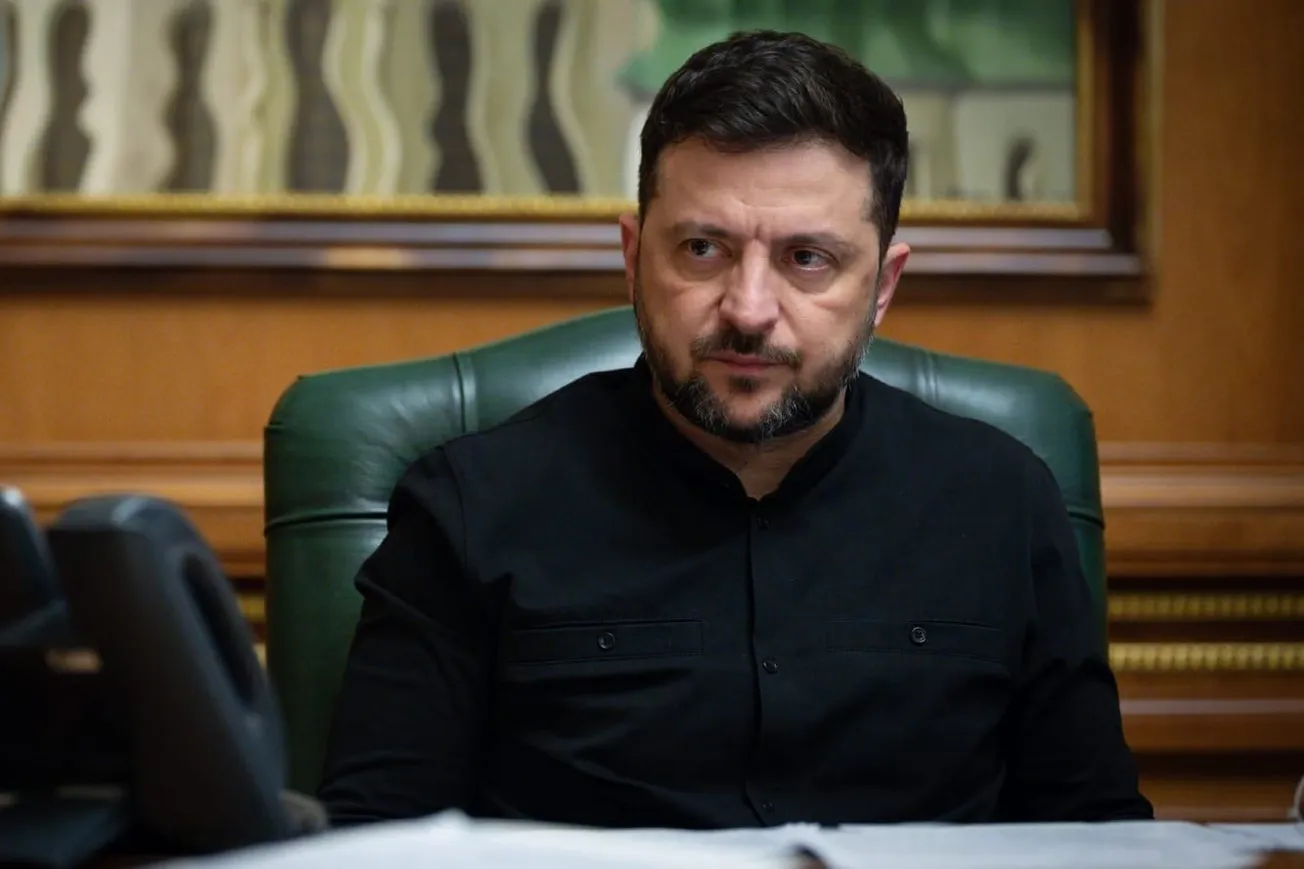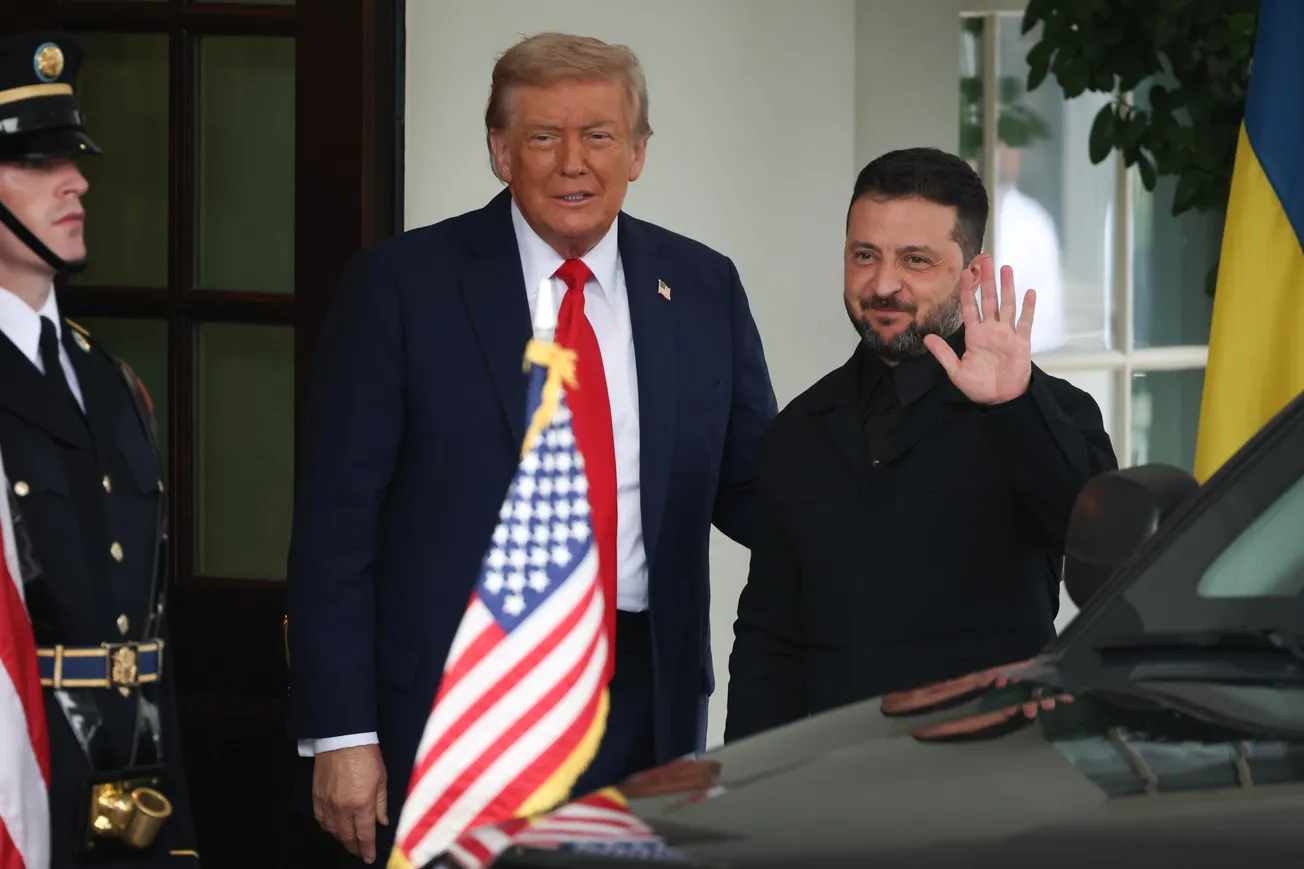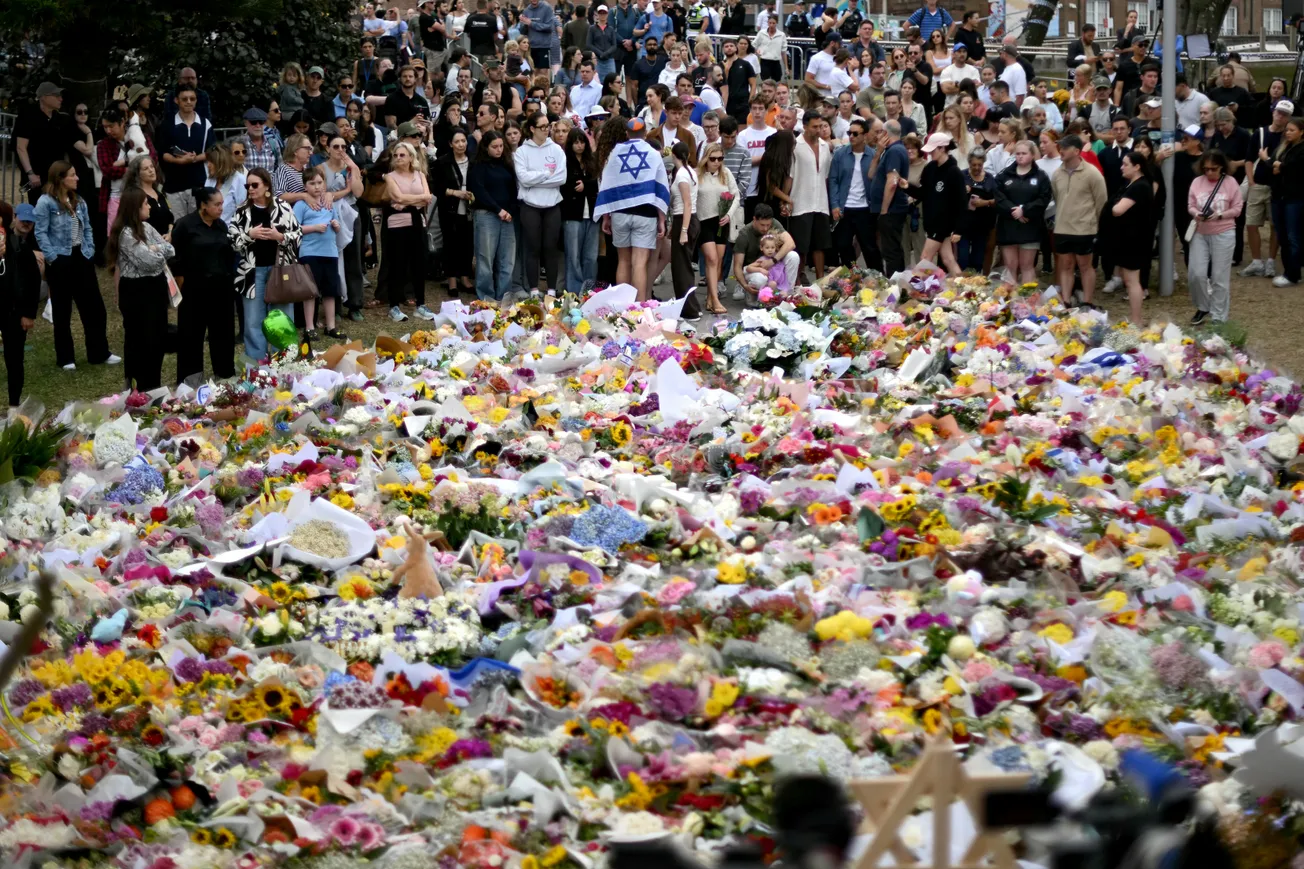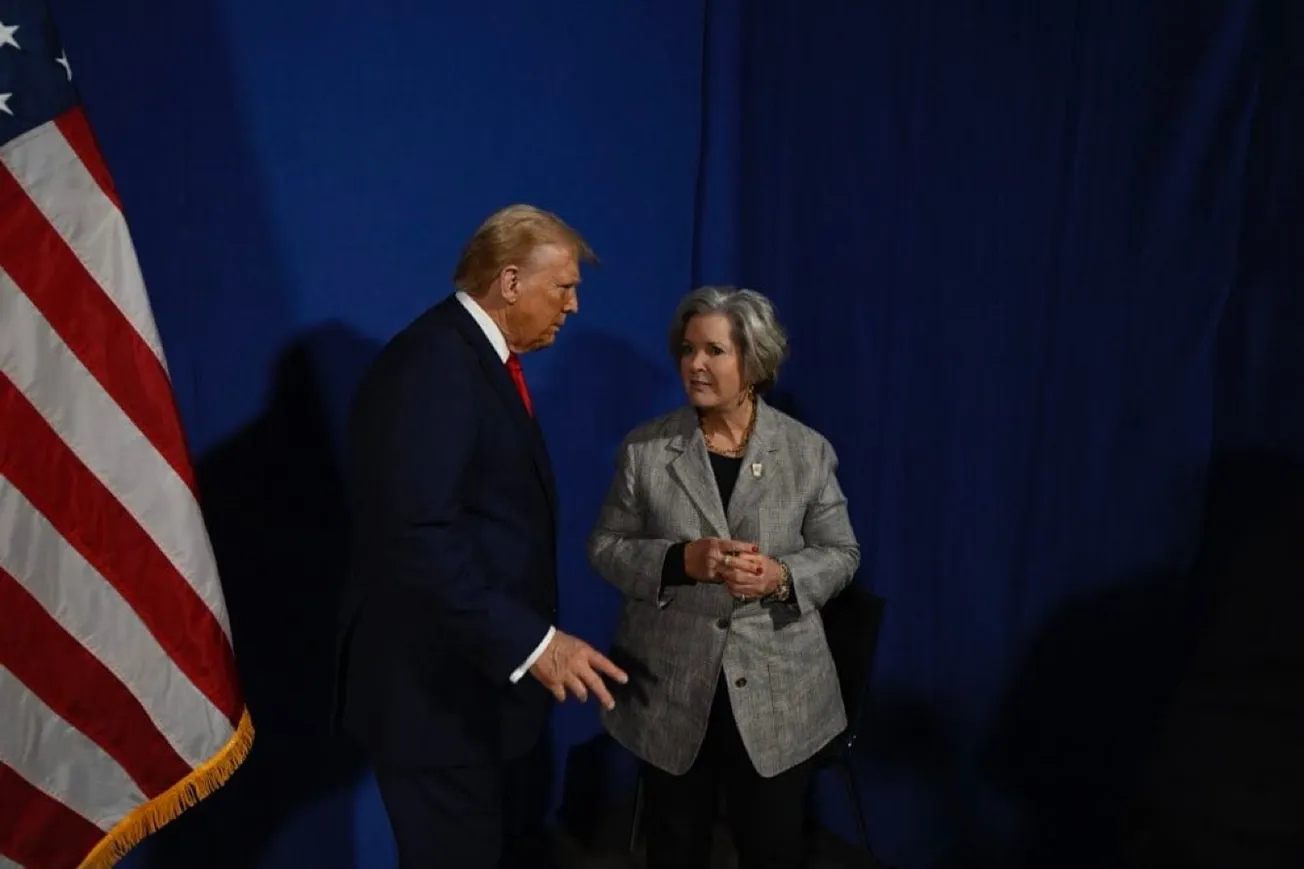CNN GPS with Fareed Zakaria aired a recorded interview with President Biden on Sunday. We do not know how edited the final version of the tape was - or if Biden had been given questions prior so that he could recite practiced answers for the camera - but it showed Biden seemingly well in control.
Zakaria is a veteran journalist, but he did not adequately follow up or challenge Biden at crucial moments throughout the interview. We fact-checked Biden's statements and concluded that the President's answers were far from truthful on the most vital matter of global security: America's standing as the Russia-Ukraine war continues.
Here’s an excerpt:
ZAKARIA: When you go to the NATO summit, the big strategic issue is that Ukraine wants membership in NATO. Should it get membership in NATO?
BIDEN: I don't think it's ready for membership in NATO. But here's the deal. I spent, as you know, a great deal of time trying to hold NATO together because I believe Putin has had an overwhelming objective from the time he launched 185,000 troops into Ukraine, and that was to break NATO. He was confident, in my view, and many in the intelligence community, he was confident he could break NATO.
Fact check: It is true that Biden has strengthened NATO and will be formally welcoming neutral Sweden into the fold at the Vilnius summit (after inducting neutral Finland last year). Biden has also caused NATO countries to step up their defense spending dramatically. (This move was vehemently criticized by the liberal media when former President Trump urged NATO members to do the same during a time of peace.)
But everything italicized above in Biden's response is false or misleading.
Why is NATO suddenly so united? The Biden administration has cleverly communicated to each country that "they may be next" on Putin's list of countries to invade. Nothing motivates a country like fear, and it is little wonder that nations want NATO's Article V protection, which states that an attack on one nation is an attack on all members. Socially-liberal democracies would love for other NATO countries to assume the cost of their defense.
But here is the catch that Zakaria never questioned. There is no evidence that Putin intended to expand his attacks to countries other than Ukraine. Putin has been fighting a war since 2014 when he annexed Crimea from Ukraine and lost a coveted G8 spot among the world nations as a penalty. America had a huge hand in the Maidan revolution in Kyiv that triggered the then Moscow-friendly Ukraine government's collapse. Besides, as the grinding war in Ukraine has shown, Putin does not have the military might to annex and hold other NATO countries.
Biden also conveniently missed mentioning why Putin attacked Ukraine in the first place. Zelenskky's unforced error was to fall for Biden's neocon foreign policy team, which aggressively pushed Ukraine to abandon neutrality and align with America for security assurances. Zelensky knew the risks of such a move, given Putin's repeated grievances expressed since 2014. Russia did not want next-door Ukraine to become weaponized by the West and be part of NATO.
Yet, on November 10, 2021, the US and Ukraine did what Putin had fought against since the Munich Conference in 2008. They signed a strategic agreement with an entire section devoted to countering future Russian aggression. It outlined how the U.S. would step up weapons delivery to Ukraine, currently running to nearly $120 billion. It specified how Ukraine's integration into "Euro-Atlantic institutions are concurrent priorities," as evidenced by Zelenskyy having dinner with President Biden in Vilnius at the NATO summit.
Zakaria questioned Biden about sending cluster munitions when, in a rare moment of candor, Biden agreed that "the Ukrainians are running out of ammunition," - an admission that the war is not going well despite the substantial resources that America and her allies have poured into Ukraine. The veteran journalist never asked Biden about the costs of war.
Millions of refugees from Ukraine have resettled across Europe, the largest migration since World War II, and many are finding it hard to adjust to life in foreign lands. The influx has severely strained the budgets of destination countries, causing labor strife and a lowering of living standards.
Weaned off of Russian energy, Europe is facing an energy crisis like never before. Germany is in a recession, and the world's environmental leader has begun restarting coal plants. The Bank of England has had to raise interest rates to the highest in decades.
The shift in the geopolitical center of gravity is unmistakable. China and Russia have drawn closer. BRICS, which now consists of Brazil, Russia, India, China, and South Africa, met in Cape Town last month. Iran, Saudi Arabia, the United Arab Emirates, Cuba, the Democratic Republic of Congo, Comoros, Gabon, and Kazakhstan sent representatives interested in joining the bloc. There are rumors that the alliance will launch a currency to rival the dollar.
We will leave cataloging the Biden administration's legacy to historians, but the 46th President has been utterly reckless and brought the world closer to World War III. Rather than engage in diplomacy 500 days into the war, he continues to escalate the conflict by expanding NATO and pushing Russia, the world's greatest nuclear power, into a corner.
Zakaria had a rare opportunity to aggressively question the leader of the free world. He squandered it.
Like our insights? Show your support by becoming a paid subscriber!

